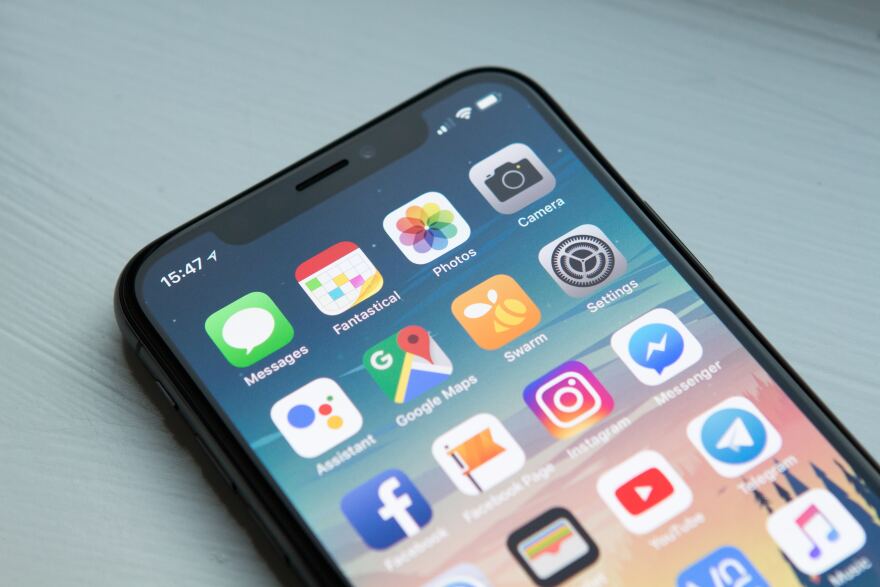An inmate can’t automatically be designated a security risk for possessing an illegal mobile phone. That ruling was released Friday by the Michigan Supreme Court.
A Michigan Department of Corrections policy says phones, like guns and drugs, pose a threat to security in a facility. That’s why Hamin Dixon, an inmate at the Chippewa Correctional Facility in Kincheloe, had security points added to his record after he was found in a bathroom with a mobile phone, after a search of his cell also turned up a phone charger, and after he pleaded guilty to attempted possession of a cell phone.
That matters because those points help determine security levels and privileges for inmates.
But the Supreme Court, in a closely divided decision, said phones don’t pose the same threat as guns or drugs, and can be used for purposes that don’t pose a security threat.
“A hypothetical threat isn’t enough," wrote Chief Justice Bridget Mary McCormack in the majority opinion. Also:
“For example, someone who was not authorized to possess a gun in prison, but was found in possession of one, would threaten the security of a prison through possession alone. But determining whether possession of a cell phone threatens the security of a prison requires an assessment of the accused’s conduct beyond the possession itself because, unlike a gun, a cell phone has many nonthreatening uses.”
Justice David Viviano wrote a dissent:
“Common sense and the overwhelming consensus of legal authorities tell us that prisoners who possess cell phones within the prison walls pose an obvious danger to prison staff and other prisoners, whether or not the phone has been used or is being used at the precise moment of discovery to commit a new crime.”
The Supreme Court decision overturns a Court of Appeals opinion. The high court decision requires Dixon to be re-sentenced.



